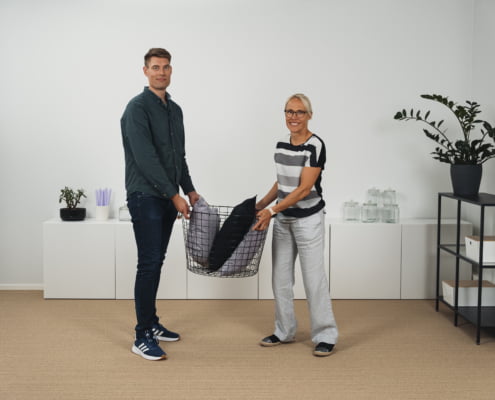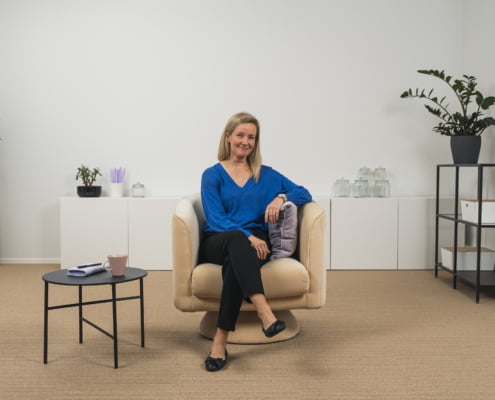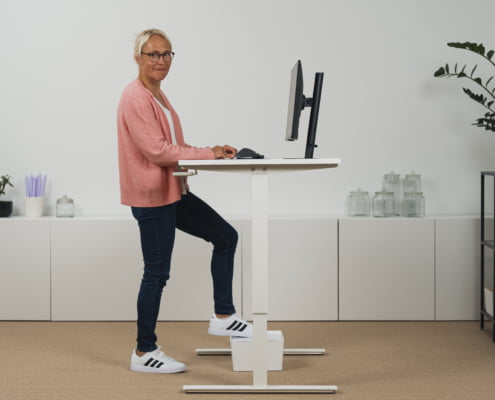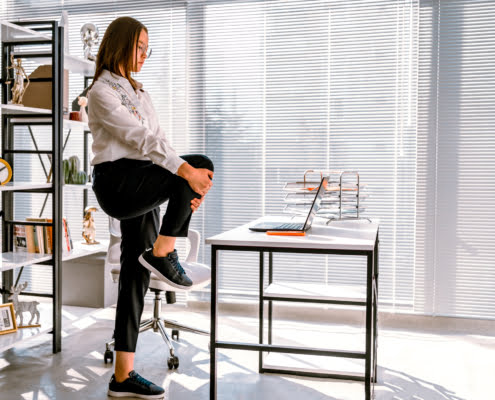
Five Tips from Mehiläinen’s Occupational Health Physiotherapists for Improving Physical Well-being in Retail and Customer Service Jobs
Knowledge work stresses the brain, while physical work strains the body. It’s essential to take care of both physical and mental recovery. Physical exertion is good for the body, but recovery should be prioritized during the workdays to prevent stiffness and promote wellbeing. This way, you'll still have energy left for other activities after the workday.

Five Tips from Mehiläinen’s Occupational Health Psychologist: How to Recover During the Workday
Have you thought about how much strain your brain is under? Are you recovering well during the workday? Have you remembered to take breaks and eat your lunch on time?
For knowledge workers, the number of mistakes increases and decision making abilities weaken when the brain is overloaded, and workdays are excessively long. In certain professions, this can even be dangerous, such as for vehicle drivers or pilots. But regardless of your job, it’s important to focus on recovery not only during your free time but also throughout the workday.

Four Tips from Mehiläinen’s Occupational Health Physiotherapists for Better Workplace Ergonomics
Remote and hybrid work has become more common in many workplaces, and technology enables working from various locations. While this flexibility is convenient, it has also increased irregular working hours, poor postures, and further reduced physical activity. No matter where or how you work, it's important to act before your body starts to “complain.”

Develope workplace wellbeing with these four methods
What is workplace wellbeing? In this article, we help you understand the areas of workplace wellbeing and provide practical ways to enhance it.

Easy, Quick, and Effective – The Perfect 5-Minute Desk Exercise For Your Workday!
For a successful desk exercise, you don't need equipment, special gear, or specific clothing. A few minutes is all you need! See the illustrative examples at the end of this article.

Research: Savings of 100 000 euros with break exercise
The study found that sick leaves were able to be decreased by half a day per person in a three month intervention period. This means that during a year it is possible to cut the amount of absences by 2 days per person.